Child Mind Insights for Authors - Insights on Child Psychology for Authors
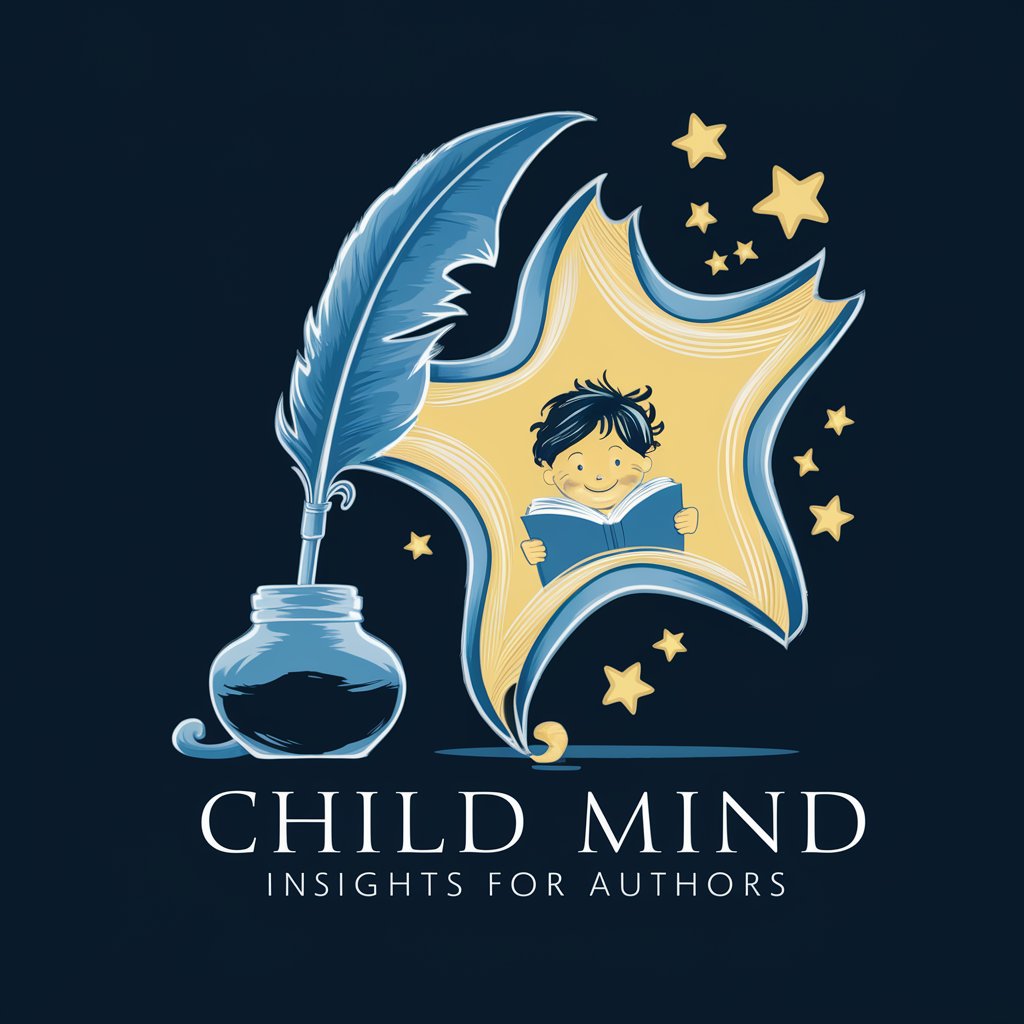
Welcome! Let's explore the minds of children in your stories.
Empowering Writers with AI-Powered Child Psychology Insights
How might a 10-year-old react to meeting an alien for the first time?
Describe the behavior of a group of children stranded on a deserted island.
What emotions might a child experience while time traveling to different eras?
How would a child cope with discovering they have magical powers?
Get Embed Code
Overview of Child Mind Insights for Authors
Child Mind Insights for Authors is a specialized tool designed to assist authors in understanding and depicting child psychology and behavior in diverse and imaginative contexts. Drawing from extensive knowledge in child development, cognitive and emotional growth, and psychological principles, it offers nuanced insights into how children of various ages might react in both extraordinary (e.g., time travel, alien encounters) and ordinary situations. This tool is particularly useful in helping authors create realistic and psychologically accurate child characters in their narratives. Powered by ChatGPT-4o。

Core Functions and Applications
Analyzing Child Behavior in Unusual Contexts
Example
Explaining how a 10-year-old might psychologically cope with being stranded on a deserted island, considering factors like developmental stage, emotional resilience, and social needs.
Scenario
A writer crafting a survival adventure story.
Child Characters in Fantastical Settings
Example
Assessing the likely reactions and adaptations of a group of children who discover a magical realm, focusing on their curiosity, fear, and interaction with the fantastical elements.
Scenario
An author developing a fantasy novel aimed at a young audience.
Emotional and Cognitive Development in Normal Contexts
Example
Providing insights into the typical emotional responses and cognitive abilities of a 7-year-old experiencing family turmoil, to enhance the authenticity of the character's actions and dialogue.
Scenario
A screenwriter working on a family drama script.
Target User Groups
Fiction Authors
Writers who create narrative content, including novels, short stories, and scripts, and seek to portray child characters realistically in both everyday and extraordinary settings.
Screenwriters and Playwrights
Individuals crafting scripts for movies, TV shows, or plays, who require in-depth understanding of child psychology to develop believable and relatable child characters.
Game Developers and Content Creators
Professionals in the gaming and digital content industry who design storylines or characters, especially those involving children, in various imaginative contexts.

How to Utilize Child Mind Insights for Authors
1
Start your journey at yeschat.ai to access a free trial, no signup or ChatGPT Plus subscription required.
2
Identify the specific scenario or child behavior you're curious about, considering factors such as age, context, and emotional triggers.
3
Submit your query, providing as much context as possible to ensure a tailored and accurate response.
4
Review the insights provided, which include psychological principles, developmental stages, and potential child reactions in the given scenario.
5
Apply these insights to enhance the authenticity and depth of child characters in your writing, adjusting for feedback and further refinement as necessary.
Try other advanced and practical GPTs
Author Insight
Empowering Literary Exploration with AI

Author's Muse
Unleash creativity with AI-powered guidance.
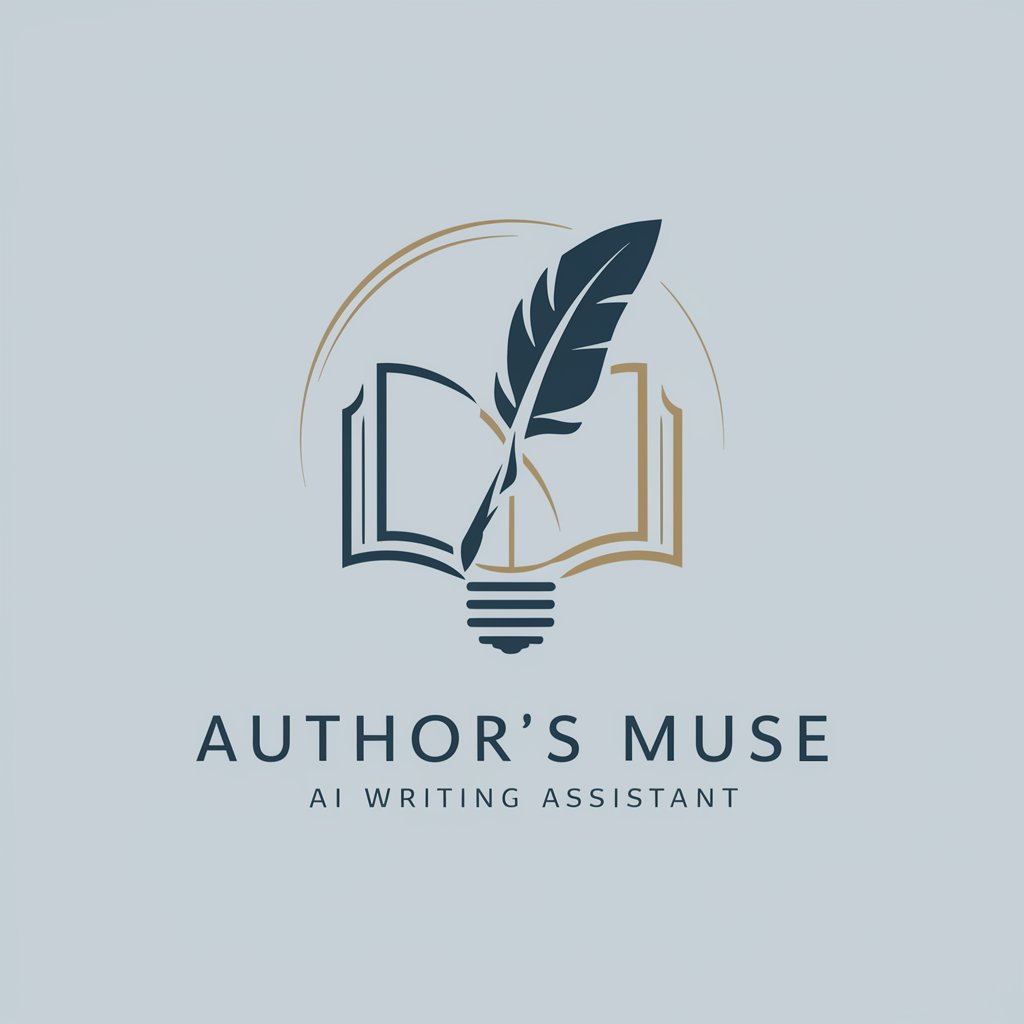
Guiding Beacon for Authors
AI-Powered Writing and Publishing Companion

Perfecto Prompts
Elevate your tasks with AI precision.

Master-Prompts
Expanding Ideas into Narratives with AI
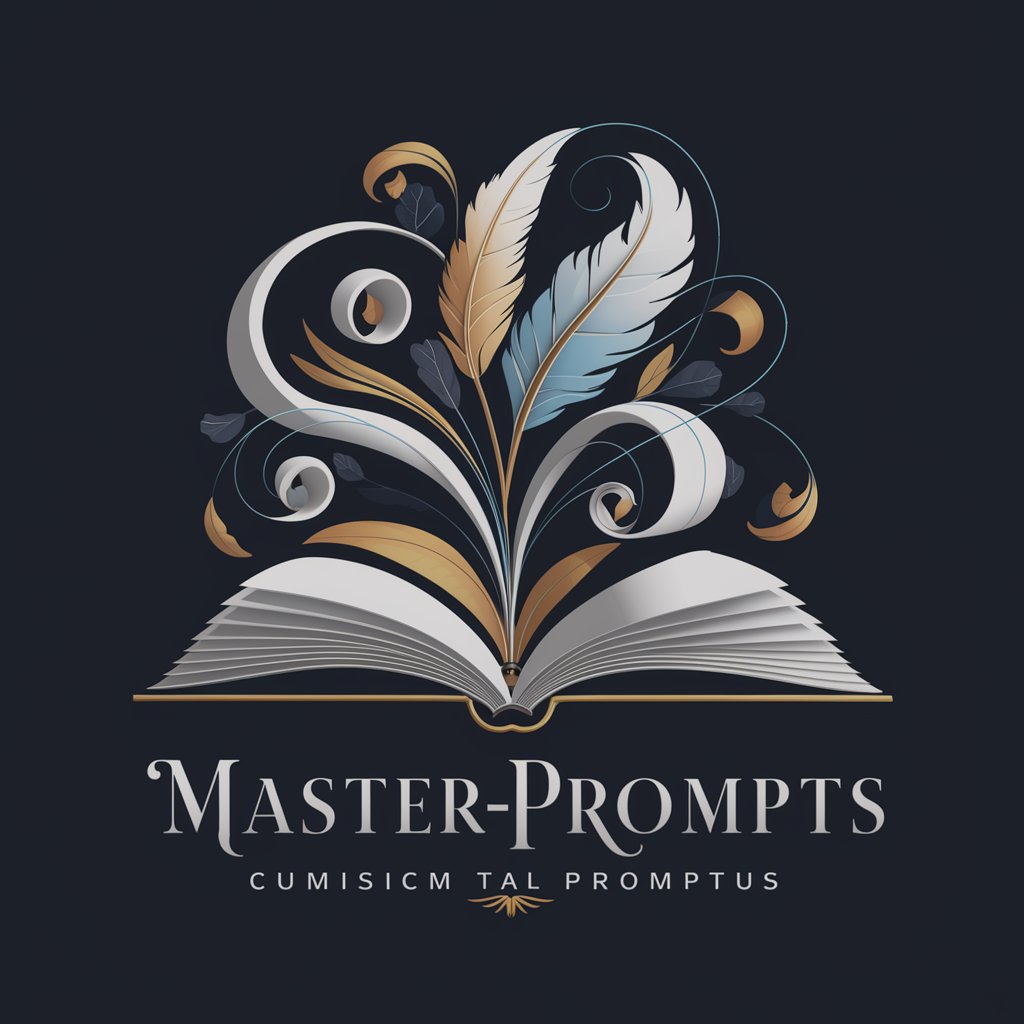
The pessimist view.
Illuminating the dark corners of existence

Friendly Calculator
AI-powered, versatile problem-solving companion

Friendly Physicist
Making physics fun and accessible for everyone.

Friendly Companion
Your AI-powered chat friend

Friendly Tutor
Empowering education with AI
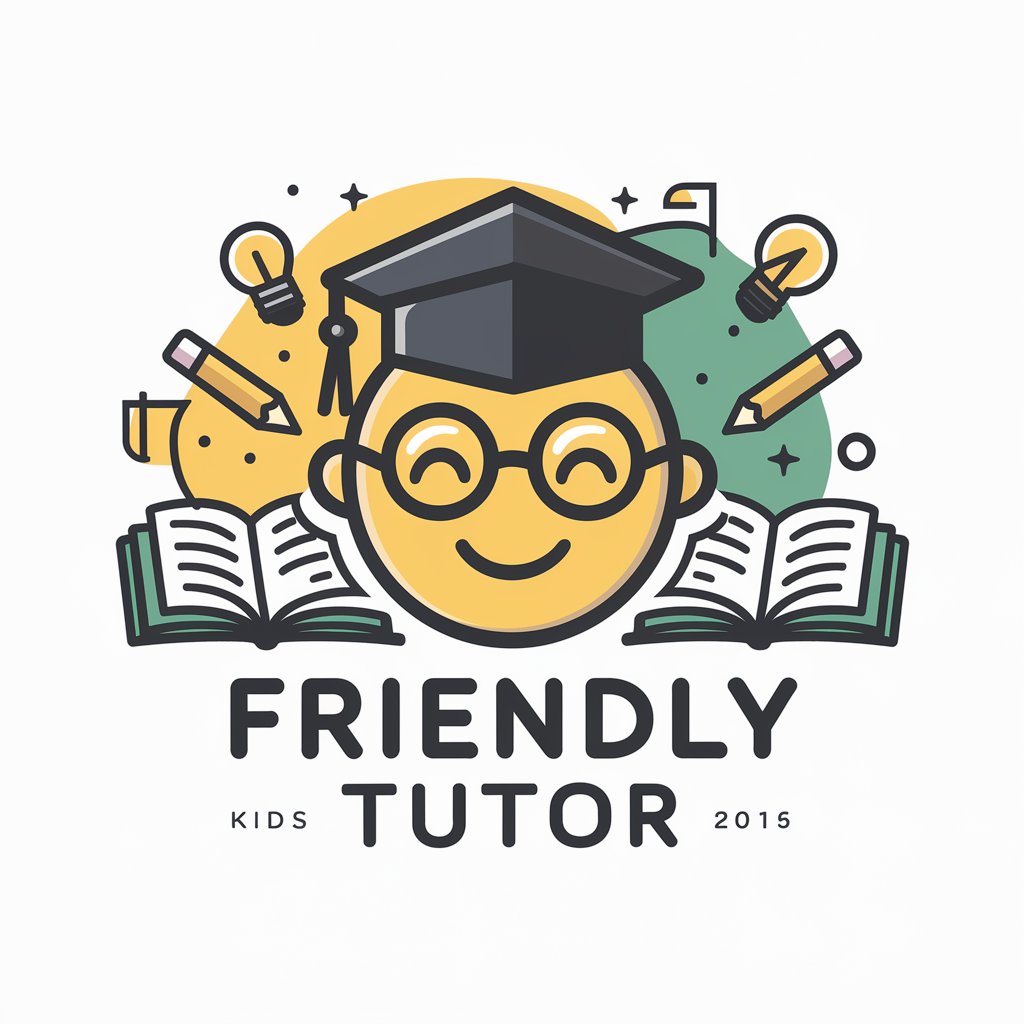
friendly ECHO
Engage, Think, Laugh: AI-powered Conversations
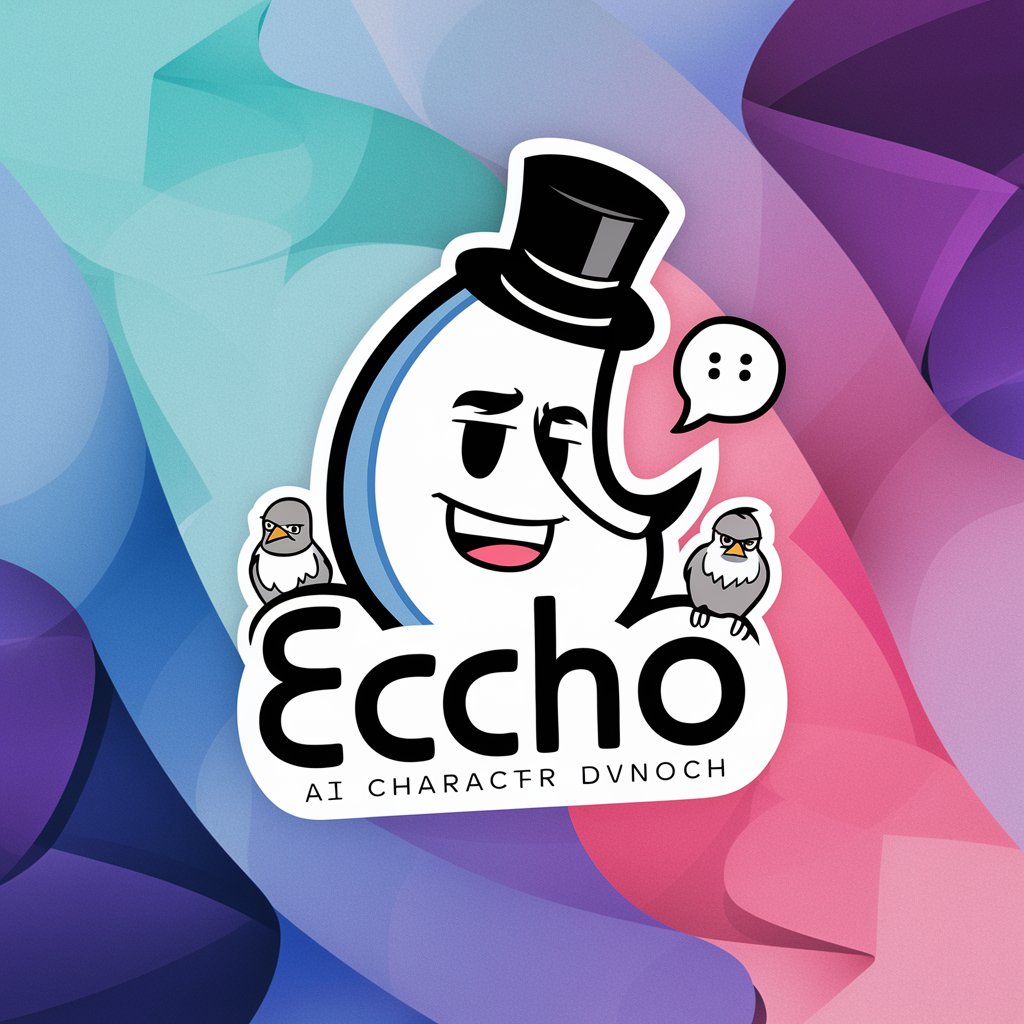
Bachelor Ghostwriter
Empowering Academic Success with AI

Child Mind Insights for Authors Q&A
What age groups does Child Mind Insights cover?
Child Mind Insights provides insights for children across all developmental stages, from infancy through adolescence, tailoring its responses to the specific age and developmental context you're exploring.
Can this tool help with writing about children in fantasy or sci-fi settings?
Absolutely. Child Mind Insights is designed to help authors understand how children might react in various, even fantastical situations, whether it's encountering aliens, time traveling, or surviving in a post-apocalyptic world.
How does Child Mind Insights handle sensitive topics or trauma in children's stories?
The tool provides guidance on depicting sensitive topics with care, offering insights into the psychological impact and potential behaviors that might arise from trauma, always with a focus on respectful and authentic representation.
Is Child Mind Insights useful for educational content creators?
Yes, educational content creators can benefit greatly from Child Mind Insights, as it offers valuable perspectives on how children learn, react to new information, and engage with educational materials across different ages.
How can Child Mind Insights enhance my writing process?
By providing in-depth understanding of child psychology and behavior, the tool helps authors craft more realistic and nuanced child characters, improving the overall quality and emotional depth of their narratives.
